All the Game of Thrones filming locations for your next big road trip
Dubrovnik, here we come
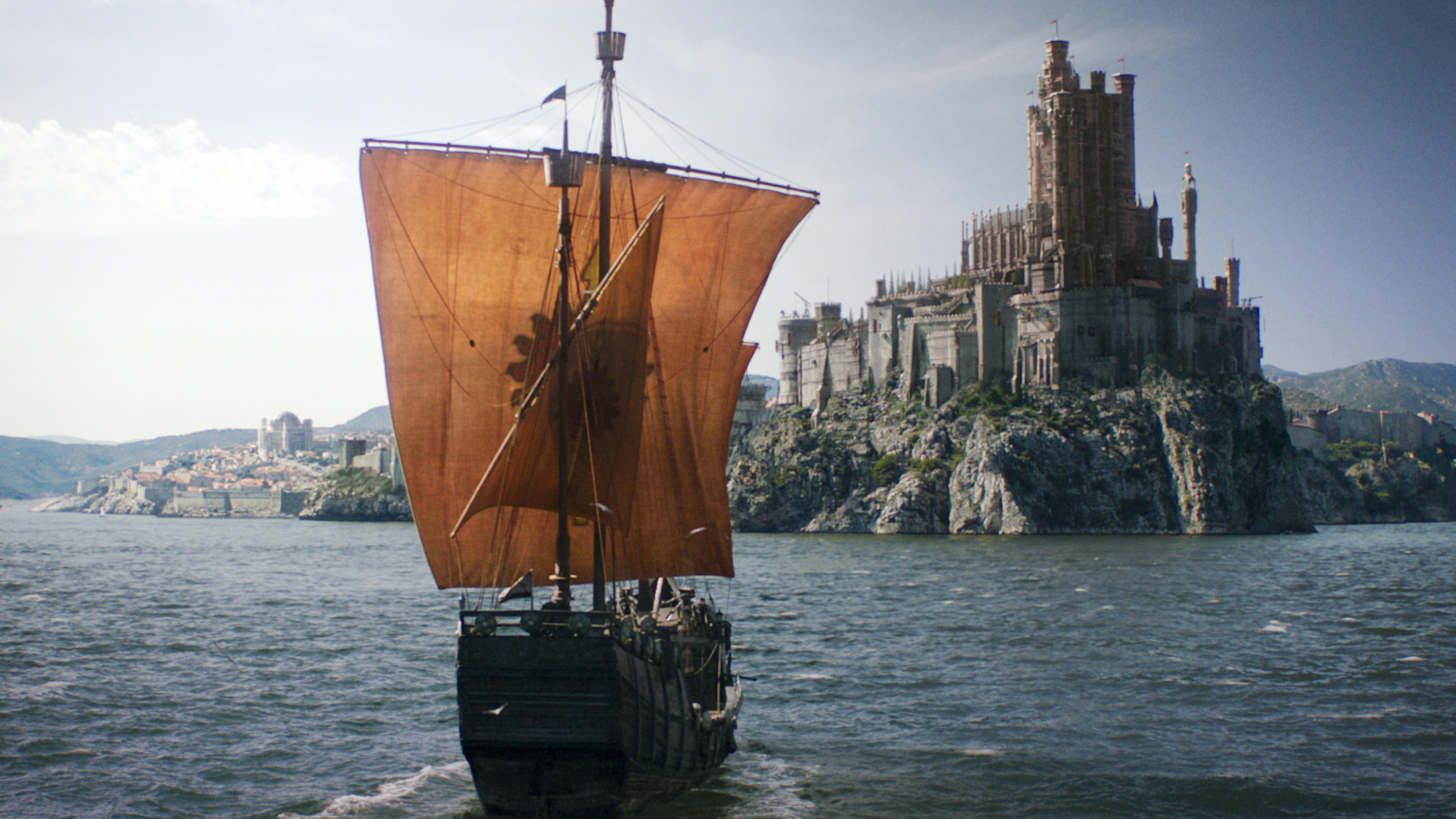

Dubrovnik, here we come
Still struggling after that series finale? Well, winter is coming, for reals, so why don't you start scouting for your next vacation (our Black Friday holiday deals page is a great place to start) and schedule in a GoT-esque road trip to see it in style?
Northern Ireland
Most of the action in Game of Thrones is filmed in Titanic Studios, Belfast. But no matter how nicely you ask - in either High Valyrian or the ‘common tongue’ - you’ll not be allowed in. Elsewhere in the country, however, there are many scenic locations to explore.
One of the first scenes of the show - when ill-fated Ned Stark executes a Night’s Watch deserter - was filmed just outside Cairncastle, County Antrim. Castle Ward in County Down, doubled as Winterfell, ancestral home of the Stark family, and has since become a hub for walking and cycling tours.
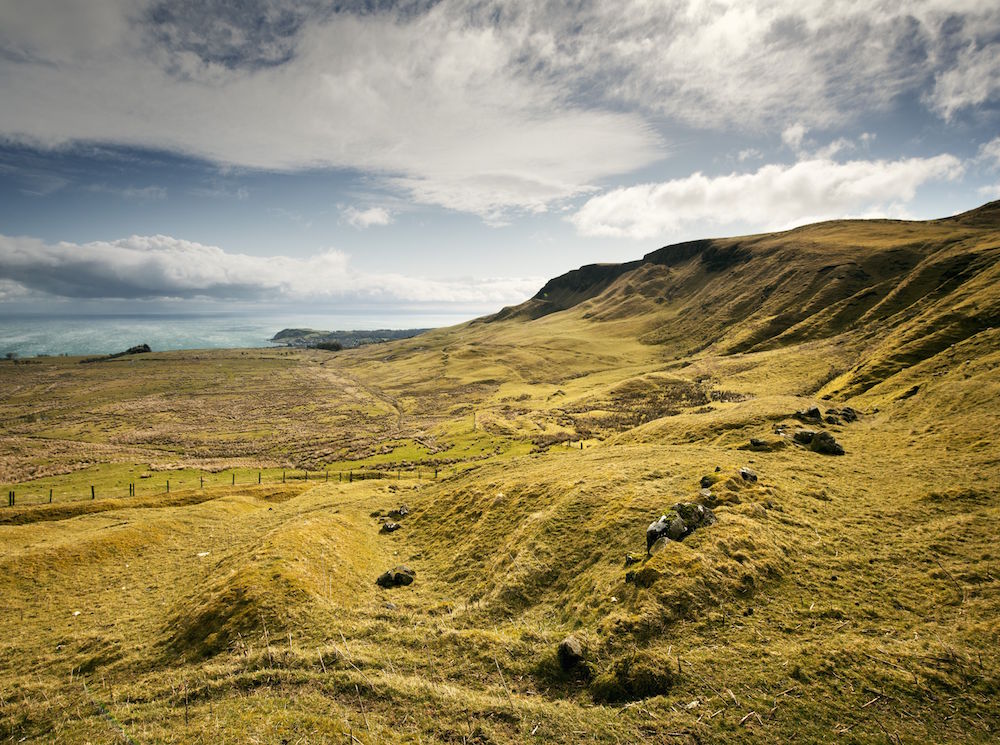
Among the most recognisable must-see locations is Dark Hedges, in Ballymoney, which formed part of the Kingsroad where young Arya Stark disguised herself as a boy to escape certain death in King’s Landing.
The Stark children’s direwolves were discovered in Tollymore Forest Park, County Down, while the castle ruins in nearby Strangford Lough were transformed into The Twins, home to the detestable (and now wiped out) Frey family and site of the infamous Red Wedding.
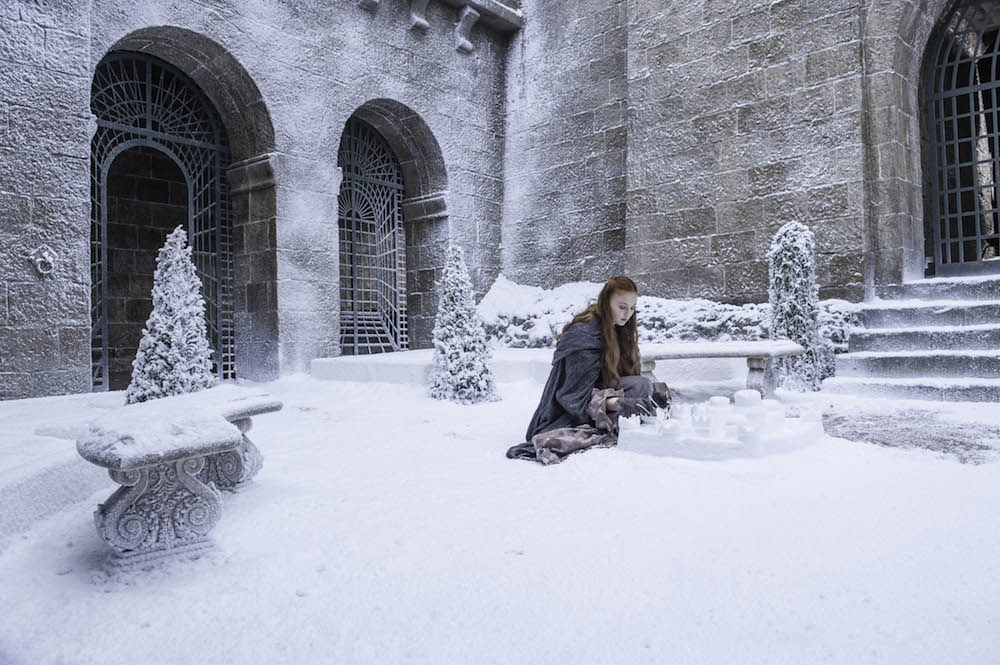
If the Lord of Light is more your thing, journey to Antrim’s Caves of Cushenden to see where Red priestess Melisandre gave birth to her murderous, shadowy offspring. And in Downhill Strand, in County Londonderry, you’ll find the scenic, seven-mile-long beach where she first revealed her fondness for pyromania.
Celebrity news, beauty, fashion advice, and fascinating features, delivered straight to your inbox!
Ballintoy Harbour played host to Pyke, home of the Greyjoys and the rest of the surly Ironborn. And in picturesque Binevenagh mountain on the Antrim Plateau, you can find the spot where Daenerys was taken by her dragon Drogon after fleeing Meereen and was later captured by the Dothraki.
Dubrovnik
With its historic city walls, Dubrovnik - the ‘pearl of the Adriatic’ - is instantly recognizable as King’s Landing, the capital of the land of Westeros.
The Old City - St Dominika Street, in particular - is used for market scenes in the capital and it was from the historic Jesuit Stairs that Cersei Lannister began her ‘walk of shame’.

Dubrovnik hosted two of the show’s most memorable death scenes. Gradac Park is where King Joffrey was poisoned while the abandoned Hotel Belvedere staged the grisly, head-popping fight to the death duel between The Mountain and Oberyn Martell.
The 15th century Trsteno Arboretum, home to the Red Keep palace gardens, is where Cersei Lannister prophetically warned Ned Stark about playing “the game of thrones” and where sharp-tongued ‘Queen of Thorns’ Olenna Tyrell, played by Diana Rigg, later held court.
Malta
Malta was the original choice as King’s Landing with the fortress city of Mdina serving as its home in the first series.
Verdala Palace, real-life summer home of the president of Malta, is where Daenerys’ marriage to Dothraki ruler Khal Drogo was plotted and the fleetingly happy couple’s wedding feast took place at the Azure Window, a rock arch off the coast of Gozo which, like so many Game of Thrones cast favourites, is now no more, having collapsed into the sea.
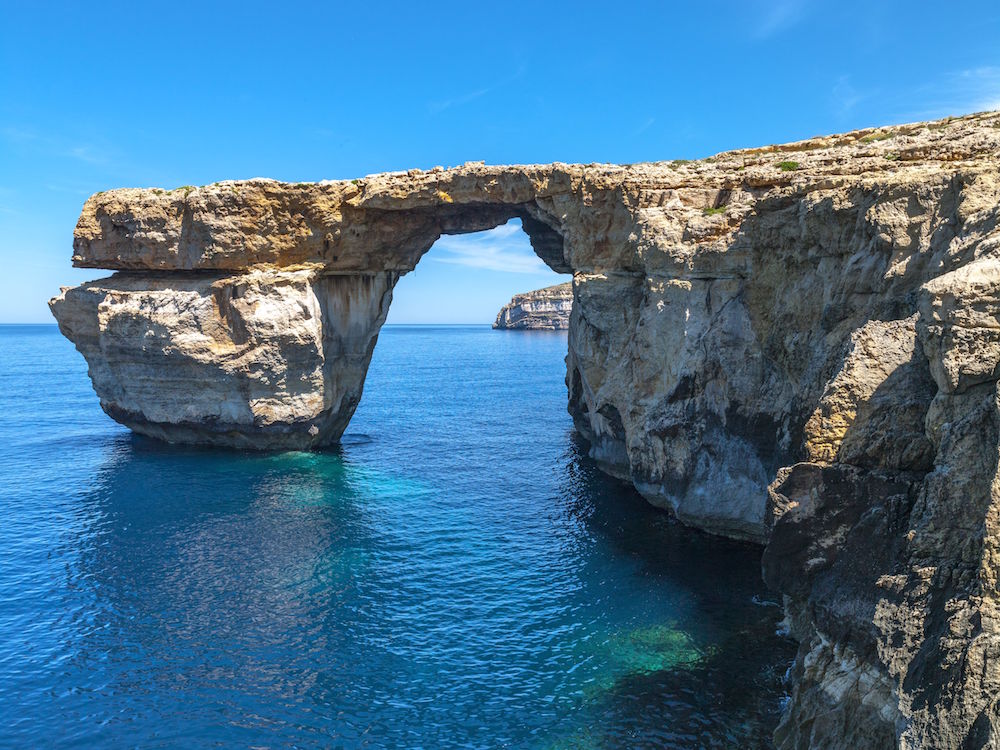
The small town of Manikata was transformed into the Lhazareen village where Daenerys took pity on a priestess who would later betray her by poisoning her new husband. Across the island you can find the Mtahleb Valley, near Rabat, where freshly-widowed Daenerys joined her late groom on his funeral pyre before emerging from the ashes the next morning with three newly hatched dragons.
Seville/Spain
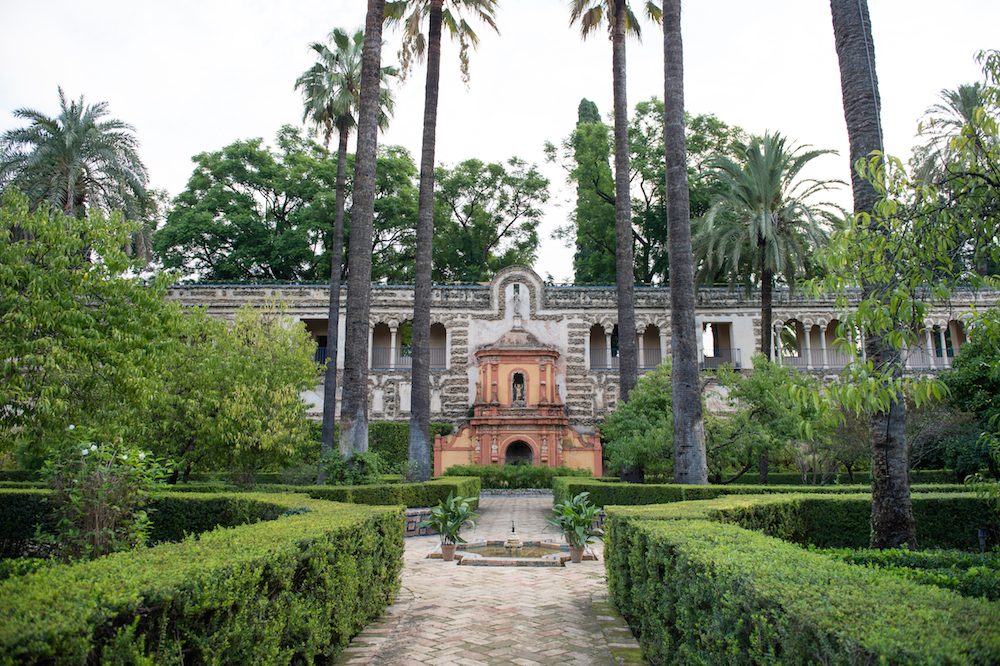
World Heritage site the Alcazar of Seville sparkled as Sunspear, the capital of Dorne, the southernmost of the Seven Kingdoms.
Scenes of canoodling in the Water Gardens between Princess Myrcella and Prince Trystane were filmed here as was the ensuing fight between Dornish soldiers, the Sand Snakes, Jamie Lannister and Bronn.
About 80km out of city, in Osuna, you can find the historic bullring which became the Fighting Pits of Meereen for a gladiatorial spectacle at the end of series five.
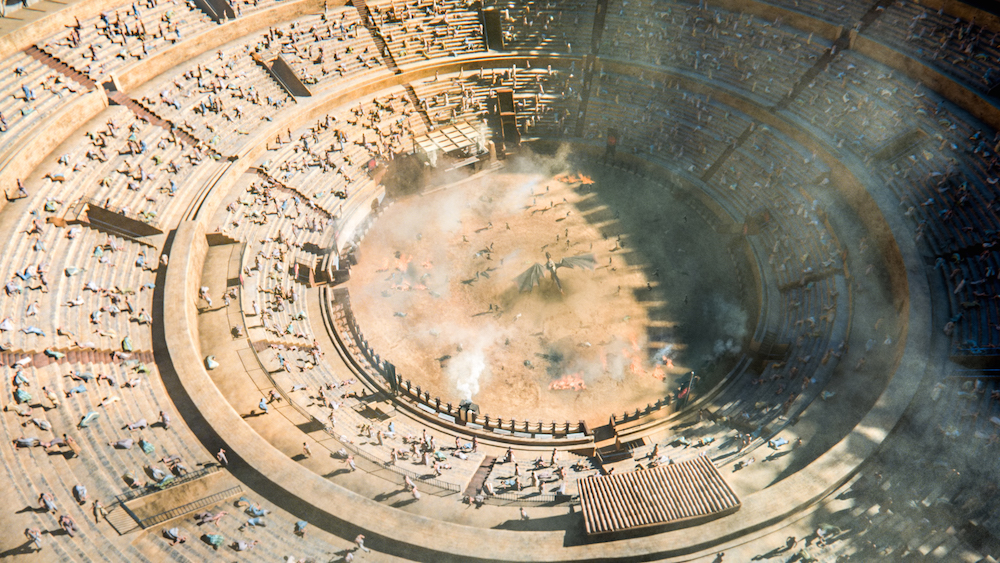
Other sites of interest in Spain include Cordoba’s Roman Bridge which was used as the Long Bridge of Volantis, and San Juan de Gaztelugatxe, in Basque Country, which provided the twisting 241-step staircase leading to the castle in Dragonstone.
Many real locations in Game of Thrones were transformed into their fictional counterparts using CGI. But the Tower of Joy (where a young Ned Stark fought Targaryens and Jon Snow was born) required little help from special effects. The 12th century Castle of Zafra, located at a height of 1400 sq ft on a sandstone outcrop in Guadalajara, looks pretty much exactly as it does in the show.
Iceland
If there’s ice and snow in a scene then there’s a good chance it was filmed in the wilds of Iceland. Lake Myvatn, near Akureyi, played host to Mance Rayder’s gathering army in season three. Producers made great use of Europe’s largest glacier, Vatnajökull, as well as the Svinafellsjokull glacier in Skaftafell to depict the chilly wastelands inhabited by the wildlings, while Mýrdalsjökull, near Vik, transformed into the Fist of the First Men where one of the first confrontations between the Night’s Watch and the advancing army of the dead took place.
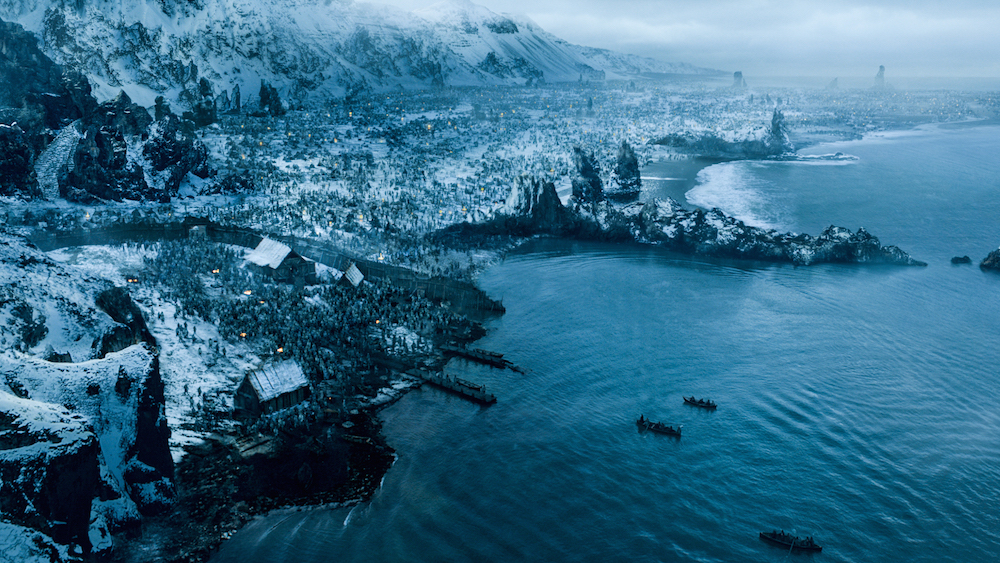
Action of a more hot-blooded variety took place in the thermal springs in the cave of Grjótagjá, near Lake Mývatn, where lovelorn Jon Snow finally succumbed to wildling Yvette and broke his Night’s Watch celibacy vows.
Iceland is also home to the narrow road that leads to the practically impenetrable fortress, The Eyrie. Located in Thingvellir National Park, it’s here that Arya journeyed to meet up with her Aunt Lysa, where wildlings plotted their attack on Castle Black and where the mighty Brienne of Tarth defeated the Hound in brutal one-on-one combat.
